Frequently Asked Questions
The Prairielands GCD was created in response to a finding by the Texas Commission on Environmental Quality that groundwater shortages were expected in Ellis, Hill, Johnson, and Somervell counties over the next 25 years. The TCEQ finding required local residents to create a groundwater conservation district, or else TCEQ would mandate one. Enabling legislation for the Prairielands GCD was passed in 2009.
The Prairielands GCD is located in the north prairies of Texas, covering Ellis, Hill, Johnson, and Somervell counties.
The District spans 2,870 square miles and overlays the Trinity Aquifer.
Members of the board are appointed by the county commissioners in Ellis, Hill, Johnson, and Somervell counties. The board consists of 8 directors, 2 from each of the 4 counties. Initial board-member terms are staggered 2 and 4 years, followed by 4-year terms.
The Prairielands GCD seeks to balance the needs of all groundwater users with the requirements of a sustainable aquifer. The District operates in a fair and equitable manner through a management plan and rules. They are designed to prevent waste, collect data, plan for future resources, and educate people about water conservation and aquifer protection.
The Board of Directors adopted temporary rules on November 15, 2010, at a public meeting. Permanent rules were developed through an open and transparent process including public comments, formal hearings, and board approval. Permanent rules were effective January 1, 2019. The District is accountable to its constituents, elected officials, and regulatory agencies.
Well registration provides the District with data needed to preserve and protect groundwater resources for current and future uses. All wells drilled after April 1, 2011, must be registered – those exempt from permitting as well as those subject to permitting. Exempt wells drilled prior to April 1, 2011, are encouraged to register at no cost so the District can protect that well with spacing regulations.
Wells exempt from metering and fee payment cannot produce more than 17.36 gpm, or are used solely for domestic, livestock, poultry, or agricultural purposes. Wells subject to permitting can produce more than 17.36 gpm with the proper spacing, individually, or as a system, and are used for any purpose other than domestic, livestock, poultry, or agricultural use.
The District protects property values by preserving the quantity and quality of groundwater for future generations. Through a system of well spacing rules, minimum tract size requirements, and the District’s Desired Future Conditions, the competition between wells is reduced.
The District is funded through fees that are authorized in its enabling legislation. The fees are as follows:
- Water Well Registration Fee: $500
- Historic Use Permit Fee: $250 per well
- Operating Permit Fee: $1,000 per well
- Permit Renewal Fee: $150 per well
- Exception Application Fee: $250
- Groundwater Use Fee: $0.225 per 1,000 gallons of water pumped
- Groundwater Transport Fee: 50% export surcharge on groundwater transported outside of the District
All District revenues go toward its operations, as board members serve without pay.
District operations include the following activities:
- Registering water wells
- Conducting scientific and technical research on groundwater resources
- Education the public about groundwater issues
- Responding to concerns and questions from the public and local/state officials
- Developing and enforcing a management plan and rules
- Expanding the observation well network
